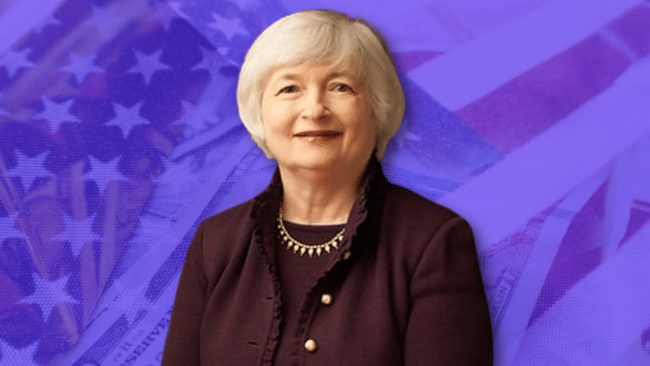In addition to the current situation in the banking sector, another skeleton is starting to come out of the closet that the US government is dealing with in the background. In doing so, it may be dealing with a huge global problem. What exactly is it? We'll get a closer look below.

As the United States approaches the federal debt limit, the possibility of financial disaster looms large. The Treasury has been forced to take "extraordinary measures" to make its payments since January, but without an increase or suspension of the debt limit, it may not be able to meet all of its financial obligations sometime this summer or early fall. This has prompted some Republicans to propose a plan to prioritize debt payments in the event of default, a move that Treasury Secretary Janet Yellen has strongly opposed.
https://www.youtube.com/watch?v=mWsWqZpU-wc
The Default Prevention Act, a bill passed by the House Ways and Means Committee last week, is intended to instruct the Treasury Department how to prioritize its payments if the debt limit makes it impossible to meet all federal obligations in full. The bill would require Treasury to first pay all principal and interest on the national debt, Social Security and Medicare benefits. After making these payments, Treasury would be required to prioritize defense and veterans' benefits and would be prohibited from paying government travel and salaries for the executive branch and Congress until all other obligations are met.
But Yellen said she doesn't believe such a plan would work.
On average, the government makes millions of payments every day, and our systems are built to pay all of our bills on time, not pick and choose which ones to pay. It is simply a recipe for economic and financial disaster to think we can pay some of our bills and not all of them.
So the other problem that Yellen sees here is the very feasibility of this plan.
It would be an exceptionally risky, untested, and radical departure from the normal payment practices of agencies across the federal government.
There is concern on the part of Treasury that it simply won't even be feasible, especially since it is a radical step that has never been applied in all of history. Treasury simply cannot imagine how it would work.
Yellen called on Congress to raise the debt ceiling to protect the full faith and credit of the United States, rather than relying on contingency plans.
This proposal by Republicans has raised concerns among many economists, who worry that any attempt to prioritize payments could have unforeseen consequences and create a ripple effect throughout the economy. It is worth noting that historically the United States has never defaulted on its debt, and any default could have serious consequences for global financial markets.
The Republican proposal has also been criticised for its potential impact on federal spending. While they have yet to provide a detailed budget plan, some GOP lawmakers have been accused of using the need to raise the debt ceiling as leverage to reduce federal spending. This, in turn, could have significant implications for social programs and other federal initiatives.
As the debt limit debate continues, it remains to be seen how this issue will be resolved. However, it is clear that any failure would have serious consequences for the US economy and the global financial system.
WARNING: I am not a financial advisor, and this material does not serve as a financial or investment recommendation. The content of this material is purely informational.